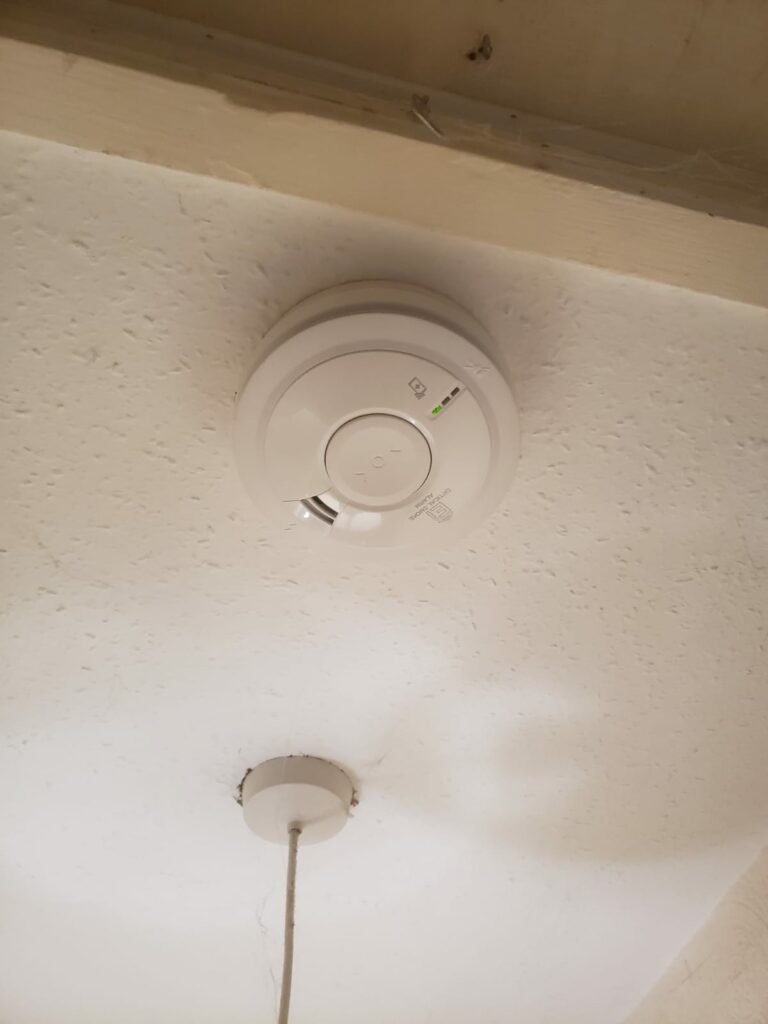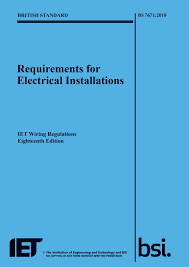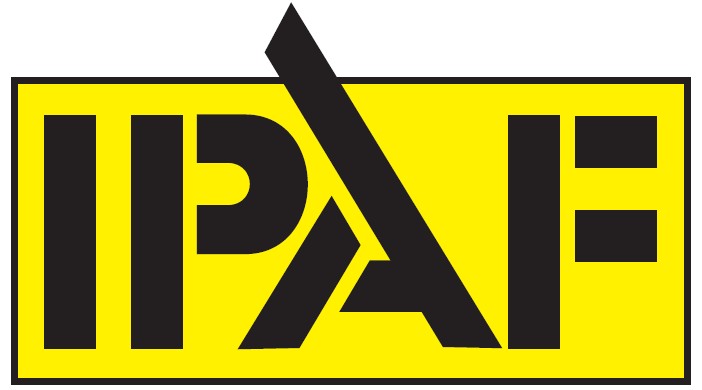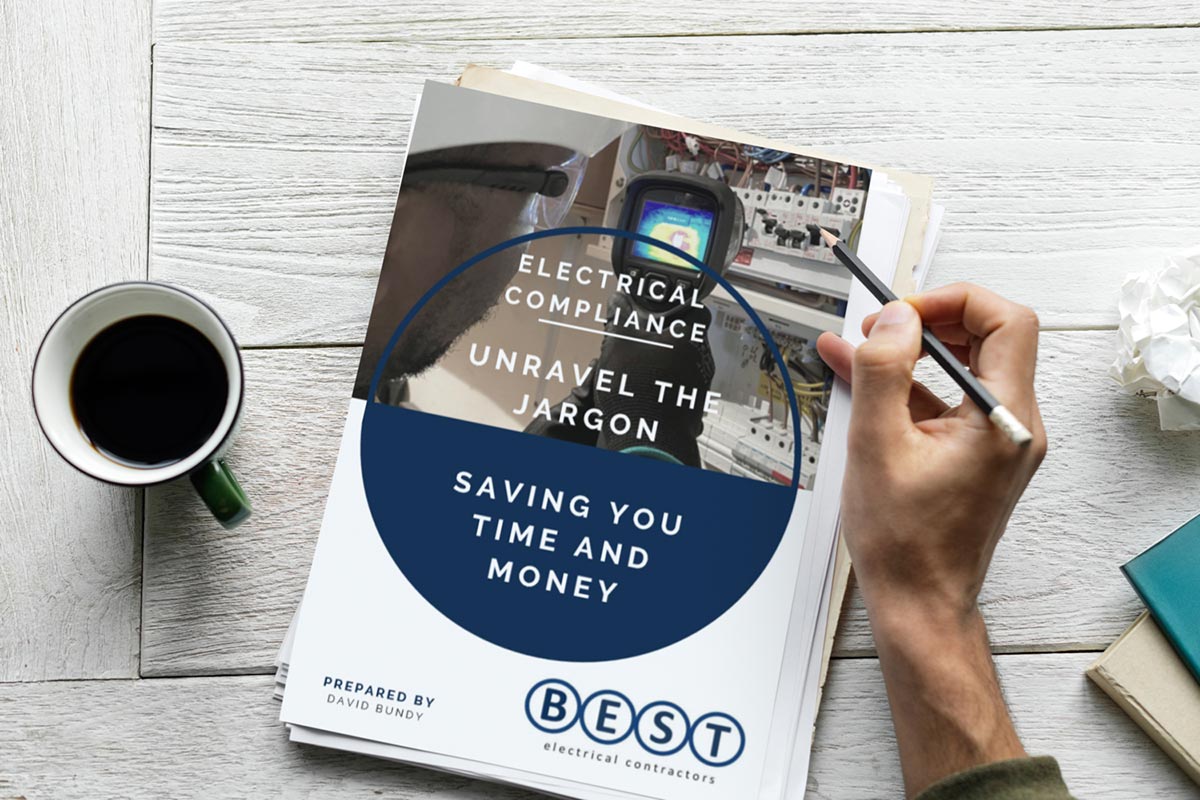Do I need to have armoured cable outside?
All cables, no matter where they are installed, may have the need for some mechanical protection from damage. This could be protection against weather, such as direct sunlight or frost. Protection against physical damage, objects hitting or crushing the cable. Protection from fauna, rats, squirrels or even plants such as ivy.
PVC covered steel wire armoured cable does tick many boxes as a means of cabling outside. The black outer sheathing deflects UV light from the sun and will withstand the cold British weather. The armouring gives protection to the inner cores from impact, though if the cable is installed in areas where impact is likely, then additional protection is required. An example of this may be where the cable is clipped down a wall and goes into the ground. The 500mm of cable just above ground level may require protection from being kicked or hit from other movable objects.
Buried cables also must be protected from being crushed, this is usually done by laying the armoured cable in a bed of sand so that stones are not pressed into the outer sheathing of the cable.
There are many other satisfactory alternatives to using steel wire armoured cable and as long as they are suitably protected. Flat PVC twin and earth cable is often seen clipped direct to brickwork along the mortar joints. While direct sunlight and severe frost will damage the cable over a long time, providing it is clipped at a suitable height away from being knocked and is regularly tested in accordance to BS7671, the wiring regulations.
We would always recommend installing non armoured cable externally in black PVC round hi-impact conduit: black to deal with the UV rays and hi-impact to protect the cables from mechanical damage. There is no reason, not to install cables in this method underground, providing other factors are taken into consideration.












